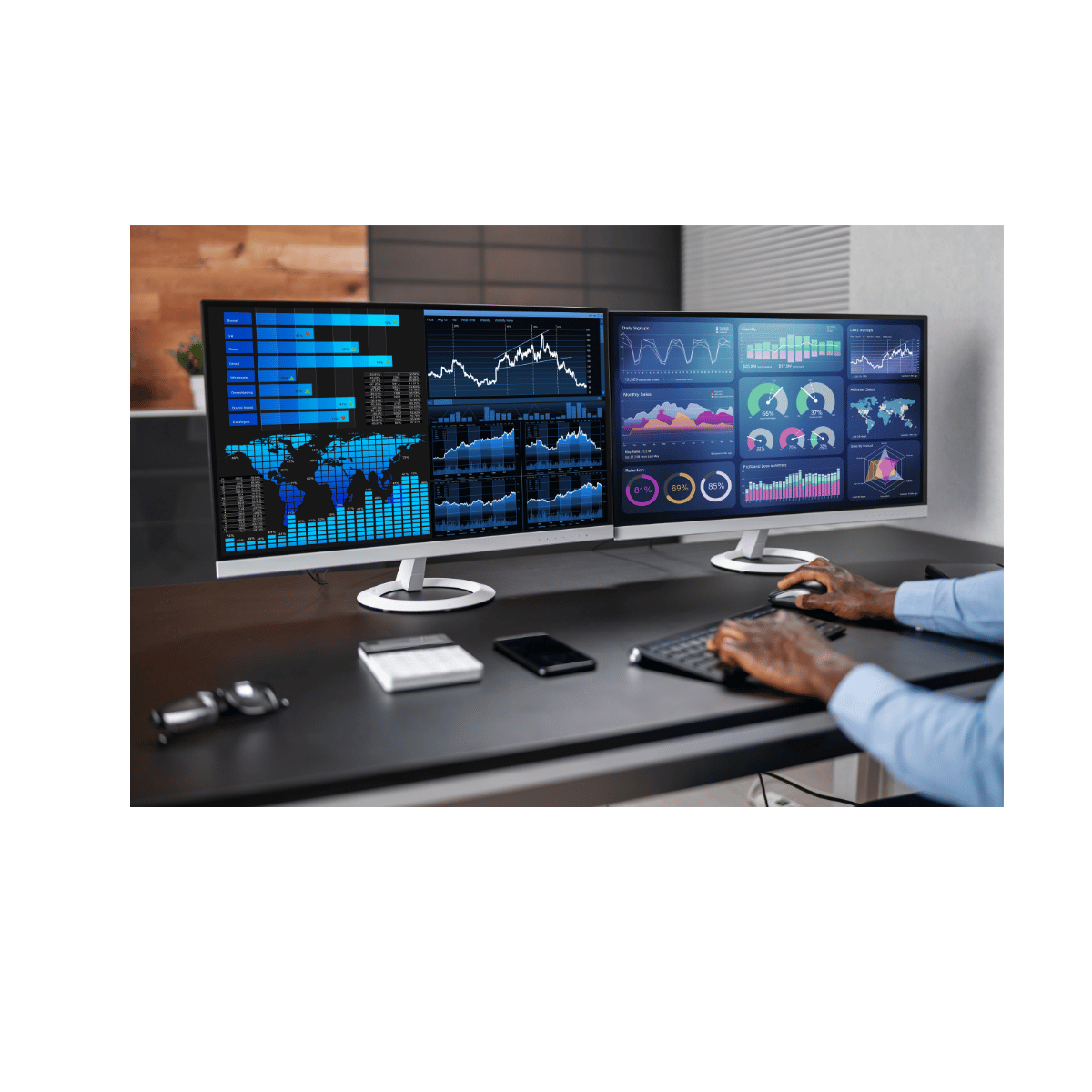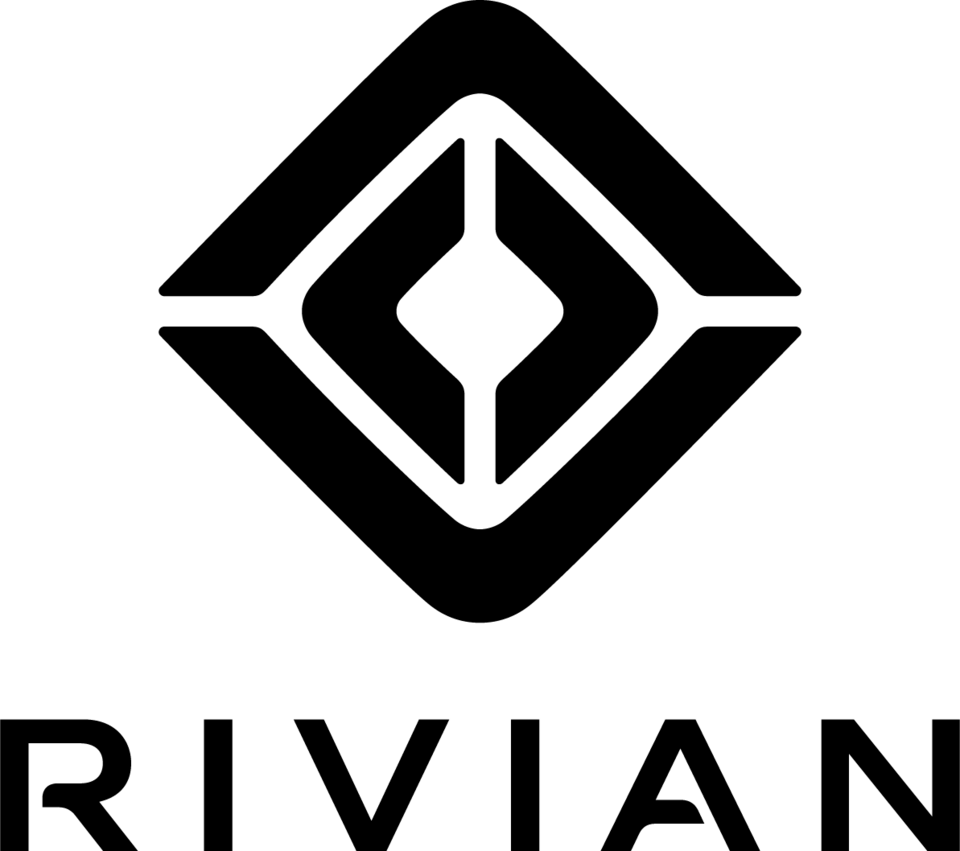Controlling industry software costs - focus on efficiency and transparency

Introduction: Why controlling industry software costs are crucial
Efficient controlling plays a central role in modern industry. Companies are under pressure to present costs transparently, optimize processes and remain competitive. This is precisely where controlling industry software comes into play. The use of controlling software makes it possible to analyze all financial and production data in real time, monitor budgets and clearly identify potential savings. However, many companies ask themselves what costs are associated with the introduction of such software and how this investment will pay off in the long term.
Factors that influence controlling industry software costs
The controlling industry software costs depend on several factors. One key aspect is the size of the company and the scope of the functions required. While small companies often get by with basic solutions, larger industrial companies require complex systems that network several departments. There is also the decision between a local installation and a cloud-based solution. The latter often reduces the one-off acquisition costs, but entails ongoing license fees. The adaptation of the software to existing processes, training for employees and regular updates also play a decisive role in the overall costs.
Long-term benefits despite high initial investment
At first glance, the controlling industry software costs seem high for many companies. However, this investment usually pays off quickly. By using modern controlling software, sources of error can be minimized, production processes can be designed more efficiently and financial risks can be identified at an early stage. In addition, precise analyses enable better decision-making at management level. The long-term savings often exceed the initial expenditure, which makes the cost-benefit calculation clearly positive.
Transparency creates trust and planning security
Another advantage that justifies the cost of controlling industry software is the transparency that such systems offer. Companies can not only keep an eye on their current expenditure, but also forecast future developments. Especially in industry, where raw material prices, energy costs and personnel costs can fluctuate greatly, a reliable forecasting capability is invaluable. This allows budgets to be planned realistically and bottlenecks to be avoided at an early stage.
An indispensable tool for the industry
Controlling industry software costs are far more than just an item on the balance sheet. They are an investment in the future viability and competitive strength of a company. Choosing high-performance controlling software lays the foundation for greater efficiency, cost transparency and planning reliability. Despite the costs involved, the benefits far outweigh the costs and make this investment a strategically important step for every industrial company.





























.svg)














































